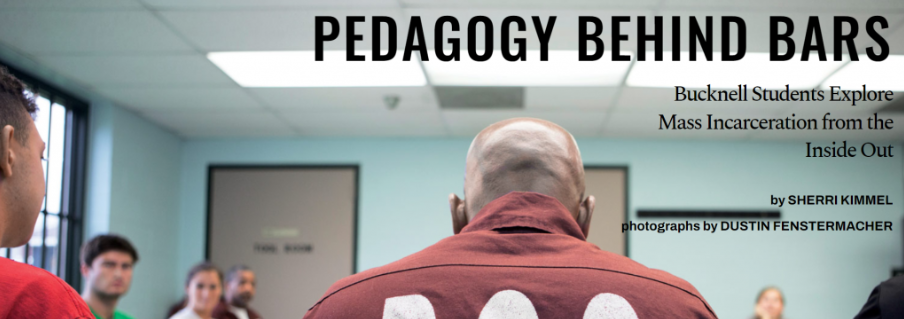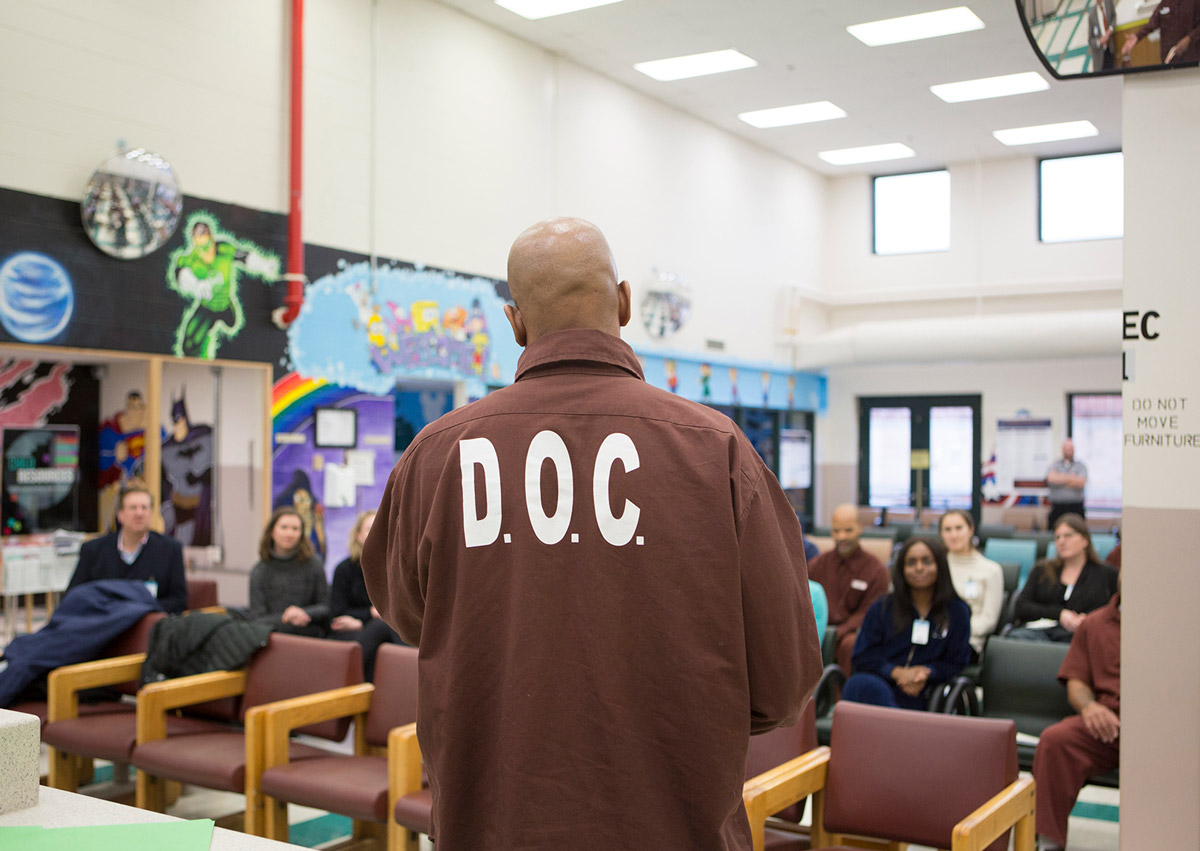What is Community Enagagement?

At Bucknell, we connect, collaborate, and engage with our community when students explore the world outside the classroom. Through community engagement, students experience firsthand our local community’s priority areas and gain a better understanding of the world around them. Bucknell offers Community-Based and Engaged (CBEL) courses in a variety of subjects and a unique opportunity to participate in Inside Out courses.
Here are definitions you should know and would be great to add on a resume:
Collaboration between institutions of higher education and their larger communities (local, regional/state, national, global) for the mutually beneficial exchange of knowledge and resources in a context of partnership and reciprocity.
The purpose of community engagement is the partnership of college and university knowledge and resources with those of the public and private sectors to enrich scholarship, research, and creative activity; enhance curriculum, teaching, and learning; prepare educated, engaged citizens; strengthen democratic values and civic responsibility; address critical societal issues; and contribute to the public good. -Carnegie Classification definition
Involvement in volunteer community engagement activities is not formally linked to an academic curriculum, but fosters student learning around supporting community-identified priorities. This would include reciprocal relationships, practicing humility, and reflection. Often referred to as community service (Also referred to as co-curricular community engagement).
Educational experiences that connect academic course work with efforts to meet a community priority. This would include reciprocal relationships, practicing humility and critical reflection.
Community engaged research is a process that incorporates input from people who the research outcomes will impact and involves such people or groups as equal partners throughout the research process. This involvement may include co-designing research questions to solve problems, making decisions, influencing policies, and creating programs and interventions that affect their own lives.
-A collaborative process between the researcher and community partner that creates and disseminates knowledge and creative expression with the goal of contributing to the discipline and strengthening the well‐being of the community.
-Community‐engaged research (CER) identifies the assets of all stakeholders and incorporates them in the design and conduct of the different phases of the research process.
Community-Based and Engaged Learning (CBEL) Courses
CBEL courses combine academic study with real-world community involvement. Students apply classroom knowledge to address local issues, working with community partners through service, research, or projects. These courses promote civic engagement, mutual learning, and social responsibility while enhancing students’ understanding of course material. These courses are taught in the College of Arts and Sciences, Freeman College of Management, and College of Engineering. For more information on what courses are offered click below.

Inside Out Course: Prison Education @ Bucknell
This program benefits both incarcerated and college students by fostering equal, respectful interactions. Following the Inside-Out model, participants sit together, collaborate on projects, and use only first names, creating a humanizing space. For incarcerated students, engaging as peers with those from different backgrounds offers a rare sense of dignity and liberation within the prison system. For more information, click below.

